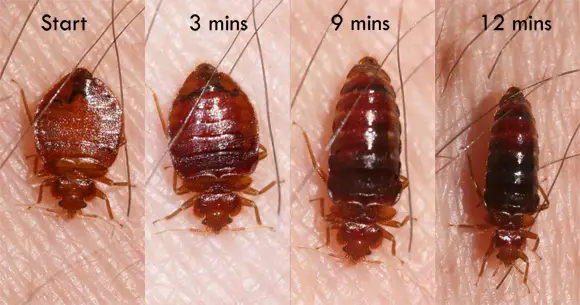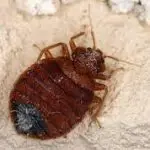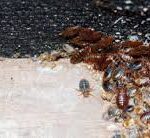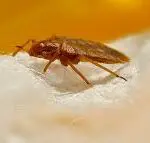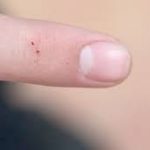Can Bed Bugs Become Immune to Spray?
There are several ways to eliminate bed bugs. One of them is to dispose of items that might harbor them. Disposing of these items can help reduce the population by removing any unhatched eggs and adults. However, removing items is usually insufficient to completely eliminate an infestation. The bugs will hide in nearby areas or in new items.
Another method to get rid of bedbugs is to conduct a thorough deep cleaning. It requires patience and attention to detail. It’s also a good excuse to get rid of clutter and thoroughly clean your home. It’s a good idea to use natural methods and concentrate on one area of your home. If you’re not confident in your ability to tackle this task, you can also opt for a DIY treatment.
However, it’s crucial to remember that some pesticides are no longer effective against bedbugs. You should consult your local county extension service to learn which chemicals have no effect on these pests. It is also important to use a product specifically designed for killing bedbugs. You may find many popular products at home stores. Some products, such as EcoRaider, have killed 90 percent of the insects in a laboratory test.
Genetic research suggests that bedbugs can become resistant to common insecticides. One way is through their ability to produce large amounts of cytochrome p450, a molecule present in human cells. Another method involves a genetic variant in an ion channel protein that is found on the surface of nerve cells. Many insecticides target this protein. The result is that the insecticide cannot get through their nerve cells.
